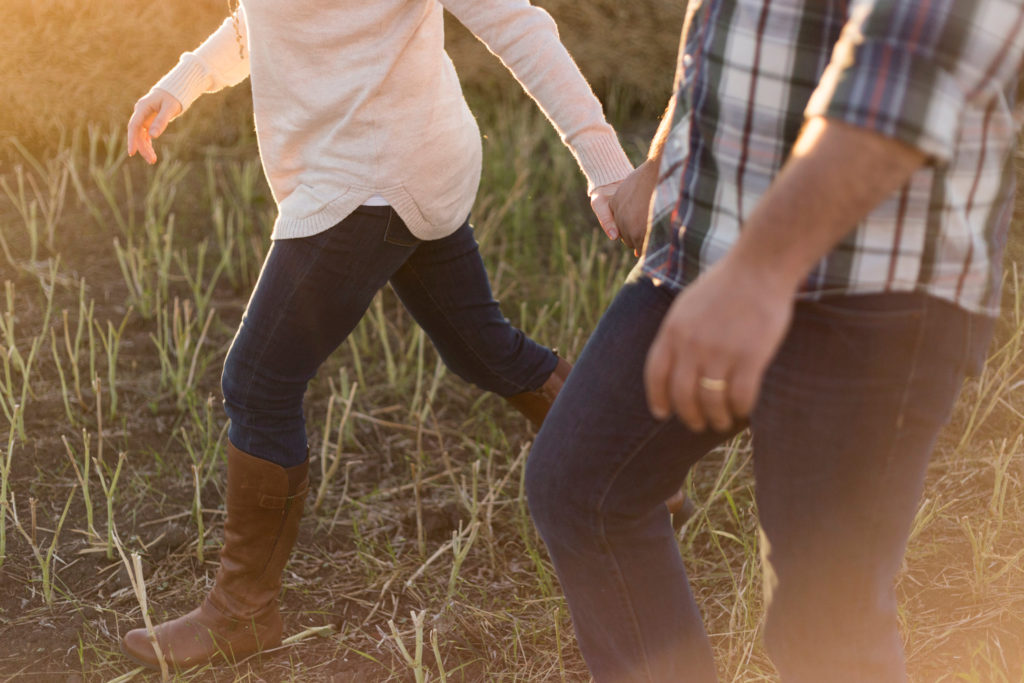Two Things You Need to Know About Yourself
If you’re reading this, I can tell you two things about yourself.
First: You think you’re a kind person. Kindness matters to you. You work at being kind, and you do not like the unkindness of others, or how harsh our culture has become. So you’re grateful that you, at least, are not like that. You feel good about being kind.
Second: You’re not as kind as you think you are.
Why am I so certain? Because 95% of people who tried our simple kindness initiative said they discovered the exact same thing.
Like the woman who recently sent me this message:
I was just at a women’s conference where you spoke about the 30-Day Kindness Challenge. You mentioned that when we started it, we were going to find out that we aren’t really as kind as we think we are. I thought to myself: WHAT? I’m REALLY, REALLY KIND. So I really doubted you.
Near the end of your talk, you said “I’m betting many of you already know who you’re supposed to do the 30-Day Kindness Challenge for,” and asked us to raise our hands if so. And I did. My teenage daughters raised their hands too. I sort of wondered if we had all selected the same person. (I know we didn’t… or they’re not doing a great job on the Challenge.Just sayin.’)
So anyway… I was telling some girlfriends about the Challenge and we happened upon the Kindness Quotient self-assessment on your website. One of my girlfriends also said she thought SHE was the one who was “REALLY, REALLY kind.” So I challenged her to a Kindness Quotient duel. For a brief second, I wondered if I should take it and find out what my score was before I go challenging her, but it was too late.
At first, I was scoring really well. Like, I was sure I was headed for “Mother Theresa” and “Ghandi.”
Then all of a sudden there was a plot twist.
Your Kindness Quotient started asking specific questions about the person I had selected to do the 30-Day Kindness Challenge for, and that is when everything went awry.
My score bellied out there. I know that’s when it happened.
I’m just writing to say, that was a dirty trick. I really am a kind person… and my Kindness Quotient would have reflected that, if “my person” had been a kinder person. LOL.
In all seriousness, though. Since I know all your social research stuff, I left excited to do the Challenge. But I had no idea what an immediate difference it would make.
I’ll spare you the details, but I’m still amazed at how simple it was. And I’m not being fake about it either. It has made a huge difference. I’m only four days in on this Challenge. My marriage is amazingly better already. Thanks, again.
In his book, The Problem of Pain, C.S. Lewis made a powerful observation about how and why we are all so deluded about our own kindness. He said, “The real trouble is that ‘kindness’ is a quality fatally easy to attribute to ourselves on quite inadequate grounds. Everyone feels benevolent if nothing happens to be annoying him at the moment… We think we are kind when we are only happy.”
That dynamic is almost universal. We think we are kind, when we are only happy – simply because we’re not being irritated or frustrated at that moment.
This is why, I think, in his famous Sermon on the Mount, Jesus made such a point of saying (and I’m paraphrasing here), “If you’re kind to people who are kind to you, you don’t get any credit for that. Everyone does that. But what I’m calling you to do, is to treat those who are mean, unfair, and not kind to you, in the kind and generous and grace-filled way you wish they were treating you.”
That is what the famous Golden Rule actually means: Do unto others who are being cruel and unfair, in the way you wish they were doing unto you. (Don’t believe me? Check it out in Luke 6:27-36.)
Moral of the story? We can’t truly be people of kindness until we confront the fact that we’re not yet there. Be brave, and take the Kindness Quotient self-assessment, to start you on your journey to true kindness – even when something is annoying you.
Want to know how to be kind, when you’re really not feeling it? My research uncovered three daily actions that will transform your relationships – and you. Check out The Kindness Challenge, now available!
Helping people thrive in life and relationships is Shaunti Feldhahn’s driving passion, supported by her research projects and writing. After starting out with a Harvard graduate degree and experience on Wall Street, her life took an unexpected shift into relationship research. She now is a popular speaker around the world and the author of best-selling books about men, women, and relationships. (Including For Women Only, For Men Only, and the groundbreaking The Good News About Marriage).
Her newest book, The Kindness Challenge, demonstrates that kindness is the answer to almost every life problem, and is sparking a much-needed movement of kindness across the country. Visit www.shaunti.com for more.

